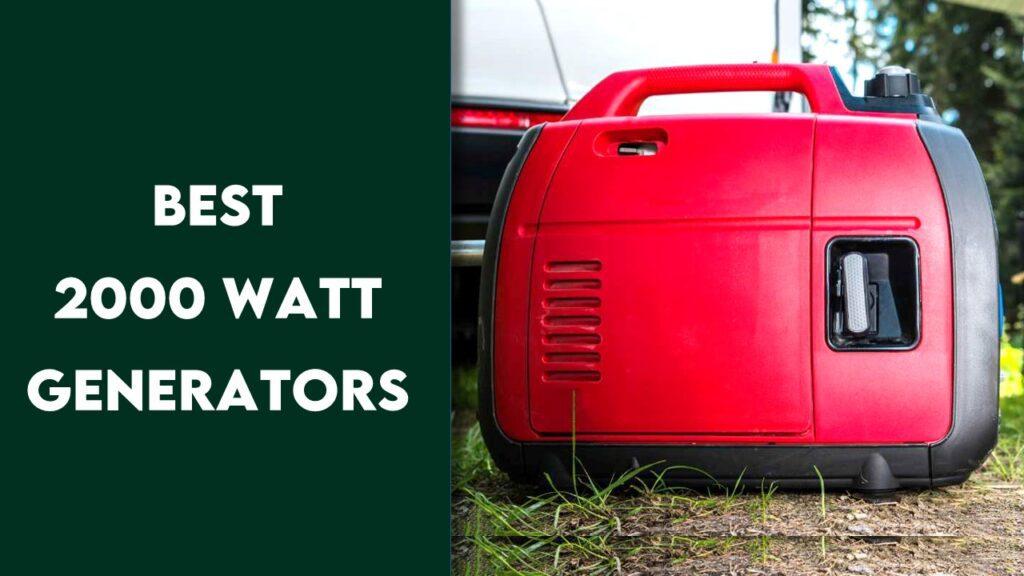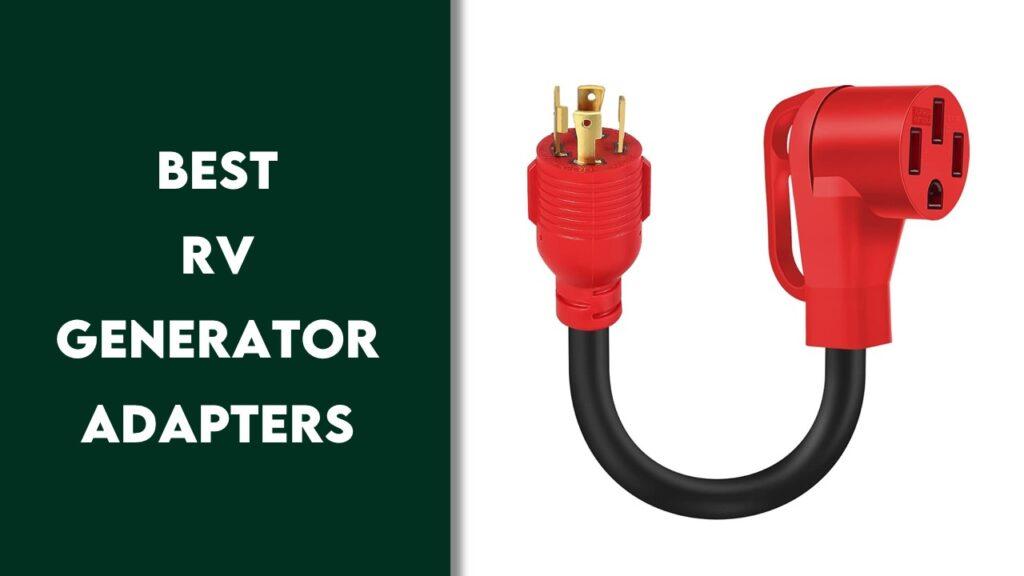
When it comes to ensuring you have a reliable power source, whether for your home during a blackout, for your business operations, or for outdoor adventures, choosing the right generator can make all the difference. The debate between dual fuel generators vs single fuel generators is significant, as each offers unique benefits and potential drawbacks. In this article, we’ll dive deep into the world of dual fuel versus single fuel generators, helping you decide which might be the best choice for your specific needs.
Knowing Dual Fuel and Single Fuel Generators
Generators are essential for providing electricity when main power sources fail or aren’t available. Dual fuel generators can operate on two types of fuels, typically gasoline and propane, offering flexibility and convenience. Single fuel generators, on the other hand, operate on one type of fuel, like gasoline, diesel, or propane, and are valued for their simplicity.
- Fuel Availability and Flexibility: One of the strongest advantages of dual fuel generators is their adaptability in fuel usage. This flexibility can be a lifesaver in areas where one type of fuel may be more difficult to obtain or during times when fuel prices fluctuate dramatically.
- Energy Efficiency: Depending on the situation, the ability to switch fuels in a dual fuel generator can lead to more efficient energy use. Propane, for example, might burn cleaner but provide less energy per gallon than gasoline. This choice allows you to optimize efficiency based on your current conditions.
- Maintenance and Longevity: Dual fuel generators generally require more sophisticated maintenance due to their complex fuel switching mechanisms. However, the ability to use a cleaner-burning fuel like propane can potentially reduce wear on the engine, prolonging the lifespan of the generator.
Understanding these basic distinctions is essential for assessing which type of generator aligns best with your requirements.
Pros and Cons of Dual Fuel Generators
Dual fuel generators offer remarkable versatility, but their complexities shouldn’t be overlooked. Here’s a balanced look at their benefits and limitations.
- Versatility in Use: The ability to switch between gasoline and propane allows you to adapt to various situations, whether it’s a shortage of one fuel type or a significant price difference between the fuels.
- Cost Implications: Typically, dual fuel generators come with a higher upfront cost. However, the ability to choose the more economical fuel at any given time can result in long-term savings, offsetting the initial investment.
- Complexity and Reliability: The added components required for switching between fuels can introduce additional points of failure. It’s important to consider whether the benefit of fuel flexibility outweighs the potential for more frequent maintenance or reliability issues.
Weighing these pros and cons is crucial in determining whether a dual fuel generator is suitable for your situation.
Evaluating Single Fuel Generators
For many users, the straightforward nature of single fuel generators makes them a reliable choice. Let’s explore their strengths and potential drawbacks.
- Simplicity and Reliability: The simpler design of single fuel generators often leads to higher reliability and easier maintenance. Fewer moving parts mean there are fewer components that could potentially fail.
- Fuel Efficiency and Availability: While single fuel generators don’t offer the same flexibility as dual fuel models, they can be more efficient if the available fuel is affordable and readily available. This makes them particularly suitable for use in stable, predictable situations.
- Cost-Effectiveness: In terms of upfront costs, single fuel generators are usually more affordable than dual fuel models. This can make them an attractive option for those on a tighter budget or with less complex power needs.
Deciding if a single fuel generator is right for you will depend largely on your specific circumstances, such as your location and the typical availability of fuel.
Which Generator is Right for You?
The decision between a dual fuel and a single fuel generator will largely depend on personal factors like your geographical location, typical fuel availability, power needs, and budget.
- Assessing Your Power Needs: Consider what you’ll be using the generator for. If you need a reliable power source for critical applications, the flexibility of a dual fuel generator may be beneficial.
- Considerations for Geographic Location: Factors such as local fuel availability and environmental conditions should play a significant role in your decision. For instance, in areas where propane is cheaper or more environmentally friendly, a dual fuel generator might be more advantageous.
- Budget and Long-Term Costs: While dual fuel generators may be more expensive upfront, their operational flexibility can lead to cost savings, especially if fuel prices vary greatly in your area.
Armed with these insights, you can make an informed decision that matches a generator’s capabilities to your specific power needs, ensuring reliability, efficiency, and cost-effectiveness.
Wrapping It Up!
Choosing the right generator—whether dual fuel or single fuel—boils down to aligning the generator’s features with your specific requirements. By understanding the unique characteristics of each type and evaluating your own needs, you can make a choice that provides reliable power while maximizing your investment. Whether you choose the versatility of a dual fuel generator or the simplicity of a single fuel model, ensuring it fits your lifestyle and energy requirements will help you get the most out of your purchase.
Related FAQs
How Do Dual Fuel Generators Impact Environmental Sustainability?
Dual fuel generators may offer environmental benefits by allowing users to switch to cleaner fuels like propane when desired.
Can I Use Natural Gas in a Dual Fuel Generator?
Some dual fuel generators are compatible with natural gas, but it’s essential to check the manufacturer’s specifications first.
What Is the Typical Lifespan of a Single Fuel Generator?
The lifespan varies based on maintenance and usage, but typically, single fuel generators last between 2,000 to 3,000 hours.
Are Dual Fuel Generators More Expensive Than Single Fuel Generators?
Yes, dual fuel generators usually cost more initially due to their additional features and flexibility in fuel use.
What Safety Precautions Should I Take When Operating These Generators?
Always operate generators outdoors in well-ventilated areas and ensure regular maintenance to avoid safety hazards like carbon monoxide poisoning.
At our core, we’re a group of passionate generator, inverter, solar energy, battery enthusiasts. We dive deep into the world of tech, especially when it’s about powering your home, RV or outdoors. We try to provide as much value to the readers with our information and how to blog articles as possible. For affiliate articles our honest and transparent reviews of essential tech products are rooted in real-world experience. We take great satisfaction in offering unbiased evaluations, ensuring that you can make informed decisions when investing in your desired techs.




